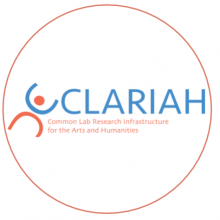Find out more about the CLARIAH-NL, a project in the Netherlands that is setting up a distributed research infrastructure that provides humanities researchers with access to large collections of digital data and user-friendly processing tools.
News
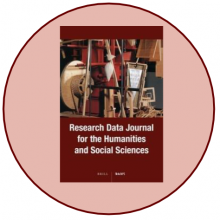
The Research Data Journal for the Humanities and Social Sciences (RDJ) is currently soliciting new submissions.
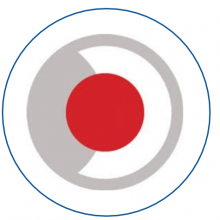
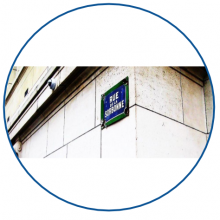
With France having joined CLARIN in 2017 as an observer, it is important to present to the French community what participation in CLARIN can bring. Why and how is it possible to invest individually or collectively in CLARIN? In order to present CLARIN, the CORLI consortium ( Huma-Num) organized
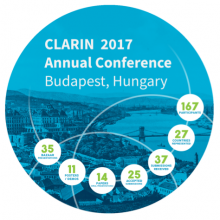
The CLARIN annual conference 2017 took place on 18-20 September at the Hotel Flamenco, Budapest, Hungary. It is the main annual event for those working on the construction and operation of CLARIN infrastructure across Europe, as well as for representatives of the communities of use in the humanities and social sciences.
The renewal of the B-certification for the Institute for the Dutch Language (INT) and the CMU-Talkbank has been successfully concluded: both established B-Centres have been assessed again according to the current criteria.

Meet Dr Stephan Procházka, a linguist working at the Department of Oriental Studies at the University of Vienna.
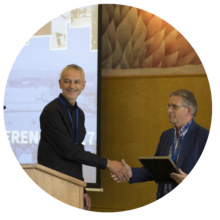
The 2017 Steven Krauwer Award for CLARIN Achievements is awarded to Paul Meurer (Uni Research Computing, Norway).

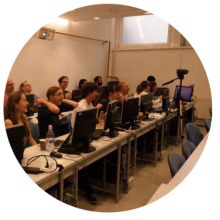
A blog post about the 3rd edition of the Translation Technologies Summer School, jointly organised by the Department of Translation at the Faculty of Arts, University of Ljubljana, and the Slovenian Language Technologies Society, written by Jure Škerl.
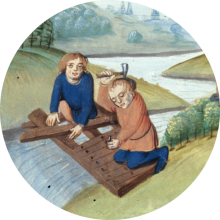
Cultural heritage data for the social sciences and humanities
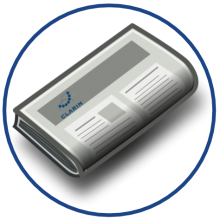
In this issue: CLARIN SPF extended with Hungary and Portugal, Identity Provider migration concluded, Fresh datasets, 2.0 Specification, New blog, CLARIN-PLUS Deliverables, Best Practices Guide, Maintenance
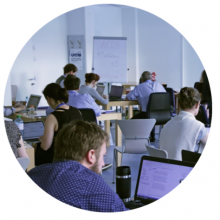
The Tool Galleries are user involvement events organized three times a year by the Austrian Centre for Digital Humanities (ACDH).

Tanja Wissik is a senior researcher at the Centre of Digital Humanities of the Austrian Academy of Sciences.
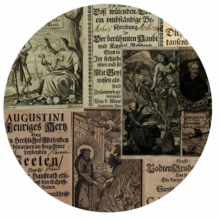
The Austrian Baroque Corpus (ABaC:us) is a digital collection of printed texts from the Baroque era, with the bulk of the data from the period between 1650 and 1750.
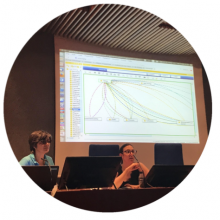
A summary of the Digital Humanities Madrid Summer School 2017 entitled "Semantic Technologies and Linguistic Tools for Digital Humanities".

A guest blog post by Adrien Barbaresi, Research Associate at the Austrian Academy of Sciences (Academy Corpora) and Berlin-Brandenburg Academy of Sciences (Zentrum Sprache).
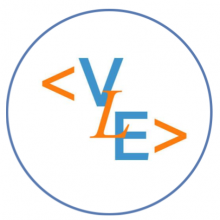
Find out more about the VLE - a powerful and adaptable tool that provides a flexible environment for navigating through and working with complexly-annotated dictionary entries.

We are pleased to announce that, as of 1 September 2017, Maria Eskevich will take on the position of Central Office Coordinator at CLARIN .
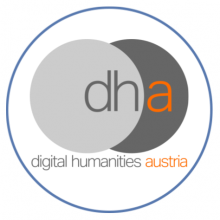
Find out more about the Austrian CLARIN group, which has been a founding member of CLARIN .
